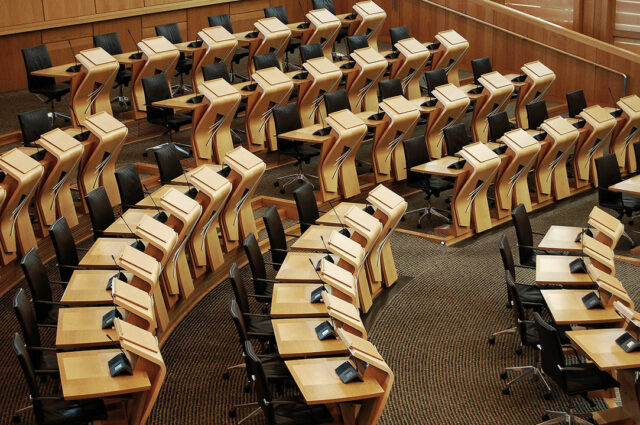
Grassroots & Governance
By Teresa S. Abesamis

Although I happen to know Speaker Martin Romualdez’ admirable mother from college days, I really have no particular opinion about him as yet. I only see that he seems to be preparing for more important posts in the future, with the politicking that he is already doing this early.
However, it happens that I am of the same mind when it comes to the need to change our system of governance. I think that we should seriously consider and work towards a system where a unicameral parliament determines National Government policy; and perhaps, a president, elected by governors and mayors of chartered cities who coordinates execution of policy at the local levels.
In a recent direct-vote presidential election, we ended up electing a president who publicly and blatantly flaunted his powers and encouraged uniformed personnel to kill, kill, kill. In many respects, he acted irresponsibly, including suddenly doubling the salaries of these uniformed personnel by announcing it on television: a decision we are having to deal with today with budget shortfalls, including from huge retirement benefits of these uniformed personnel which we really can’t afford. Meanwhile, nurses and other critical medical personnel in this time of infectious diseases are underpaid or paid too late and so we are suffering from a shortage of health professionals who prefer to work overseas. Teachers are overworked and have difficulty being effective in their real work of developing their students’ learning skills. Even many of the best of them have gone abroad for better pay.
We also now have a senate that, with a few exceptions, is comprised of many weird characters, including ex-convicts, a killer police head, publicly exposed grafters, and relatives of famous and infamous characters. No less than one fourth of our senators are related to one another: there are two Villars, two Cayetanos, and two sons by different mothers of the notorious Erap Estrada.
The same thing seems to be happening to the world’s leading “democratic” power with an ex-president who, while facing all kinds of civil and criminal cases in court, continues to lead in political polls. The notorious Donald Trump, who even violated the US Constitution, could be re-elected as president once more in the American voters’ direct presidential elections.
With a few exceptions, it seems to me that Parliamentary systems seem to produce leaders who tend to be more intelligent and responsible than ordinary politicians. Look at Japan, France, Australia, New Zealand, and many European countries. Also, such systems seem to strengthen political parties, rather than just be led by popular personalities, qualified or not. It seems that leaders who are chosen by their elected peers tend to be more responsible than those chosen these days directly by the citizenry.
The rapidly evolving media situation, where social media are becoming more and more influential, and more and more available to even the rural poor, is making it difficult to ensure more accurate appreciation of the character of public personalities, including politicians. And those able to fund social media campaigns, including the use of fake news, have become more and more influential in shaping public opinion.
In our Constitutional Commission of 1986-87, the presidential system won over the Parliamentary system by only one vote: that of delegate Felicitas Aquino who became the wife of Executive Secretary Joker Arroyo. The Senate, of course, will do its best to prevent a conversion to a parliamentary system since they would naturally lose their jobs. And they are not sure they can win a seat in Parliament.
Voters are more likely to choose local leaders who will work with their party to select the Prime Minister and President. Chances are, these leaders, elected by their peers, will tend to be more intelligent and responsible than those elected directly by voters who, given the media situation, would not know any better.
Bad policy making and poor governance by the chosen leaders will be easier to reform since political parties and their allies can elect new leaders in less time than a national election would require. This means government could become more responsive.
It will not be easy to make the change happen to a Parliamentary-cum-presidential system. It will certainly not pass the Senate if the votes are separate as in legislation. It might take a people’s initiative.
Can the private sector mobilize and support such a campaign?
Teresa S. Abesamis is a former professor at the Asian Institute of Management and fellow of the Development Academy of the Philippines.